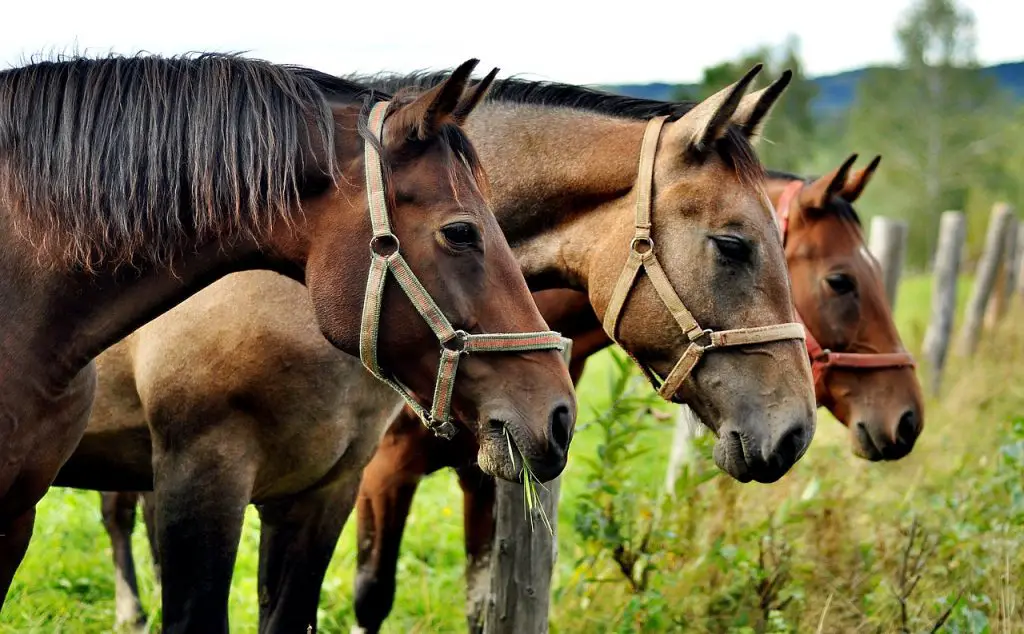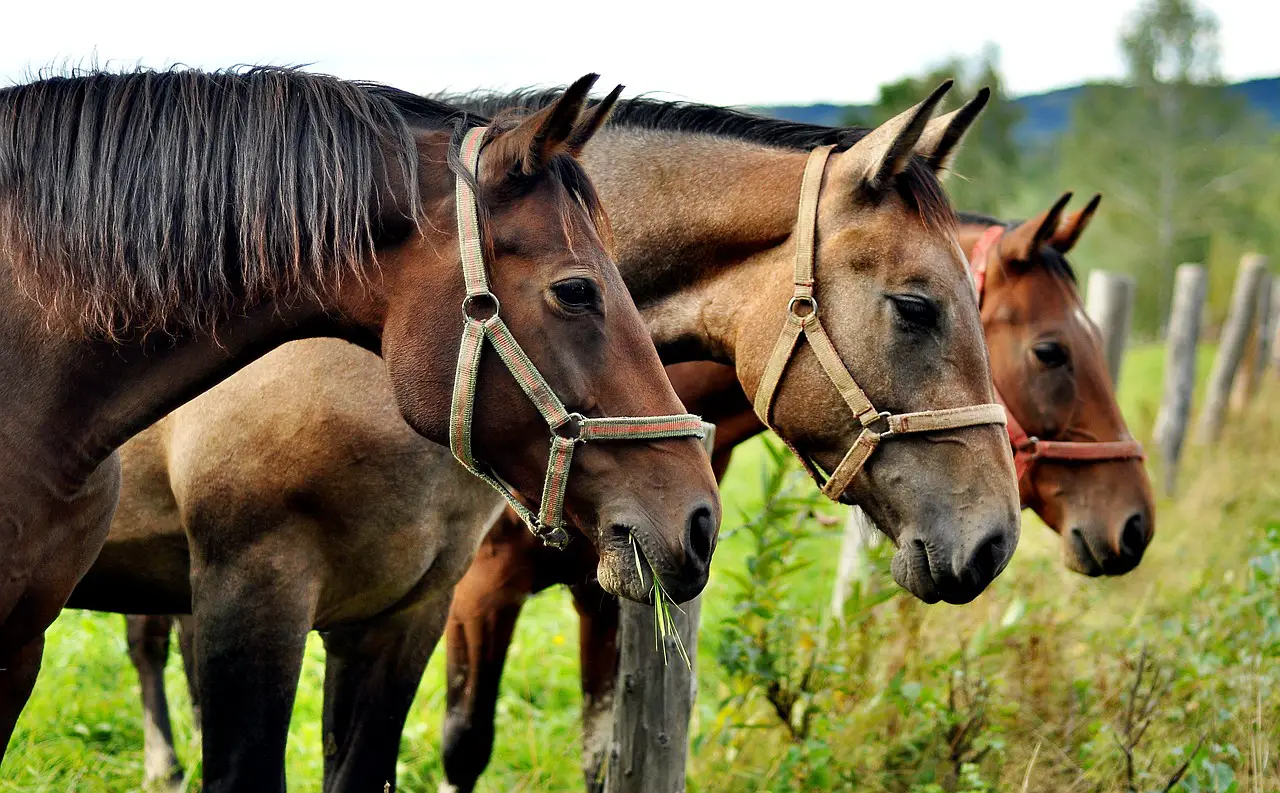Last Updated on March 2, 2022 by Allison Price
An overview of the life cycle parasitic worms, and why herbal deworming techniques are worth considering.

To eliminate the need to use chemical wormers, knowledge is key. These products are toxic and interact with parasites so they don’t always have the desired effect horse owners hope for. When administered correctly, herbal deworming products containing organic ingredients have been proven to be very effective in many cases.
Parasitic worms’ life cycle
Horses infested by parasites are host to adult worms. The eggs are produced by the female and pass through the pasture. They then turn into different larvae stages. They then enter the alimentary canal and affect grazing horses, producing a new generation.
Most pastures use shared grazing, which is often less than ideal for the number horses. Barn managers and horse owners should keep an eye on their horses and pay attention to any horses that shed a lot of eggs. This can lead to other horses becoming infected in the paddock.
Chemical wormers: The Problem
Chemical worming products can do more harm than good in most cases. Many of them contain neurotoxins which are chemicals that work chemically to stop the parasite’s central nervous system. However, the chemicals can also cause problems for horses’ health.
Worms may also become resistant to certain worming drugs. The worm can become resistant to any of the chemicals within the group. This could lead to cross-resistance with other chemically similar drugs. The worms will not be killed, and the horse’s health may be compromised by the chemicals.
Following the natural route
How can we prevent or eliminate worms from our horses, both healthfully and effectively?
The answer is love, organically.
Peppermint, chamomile and anise are some of the herbs proven to be very effective in eliminating or preventing parasite infestations.
You don’t need to hire an herbalist if you don’t have the funds. Instead, use a pre-formulated herbal product. Equine Herbal Wormer is an organic wormer that creates a hostile environment for parasites in the digestive system and gut. It is effective in removing parasites and prevents new ones from developing. The wormer can be used every month, with the lunar cycle being the timing. Regularly feeding your horse will increase resistance to parasites and provide constant protection throughout the year.
The lunar cycle’s role
The traditional method of worming farm animals in many countries, including the United Kingdom is to do so two days before and on the day of full moons (the moon waxing), two days after full moons (the moon waving) and two days afterwards. This method has been used for hundreds of years and has always proven to be effective.
This is when parasites are most prevalent. Between the new and the full moon, the female worm ovulates. The parasites then become suspended. This means that the parasites can be detached from the walls of the intestines to reproduce and lay eggs. This is also the best time to use your herbal wormer, as it interrupts the egg-laying process.
You can’t stop animals getting parasites. However, you can stop them from becoming a problem by preventing them from setting up. You can time your deworming according to the lunar cycle. If possible, use certified organic herbs. This is the best way to ensure your horse’s health.


